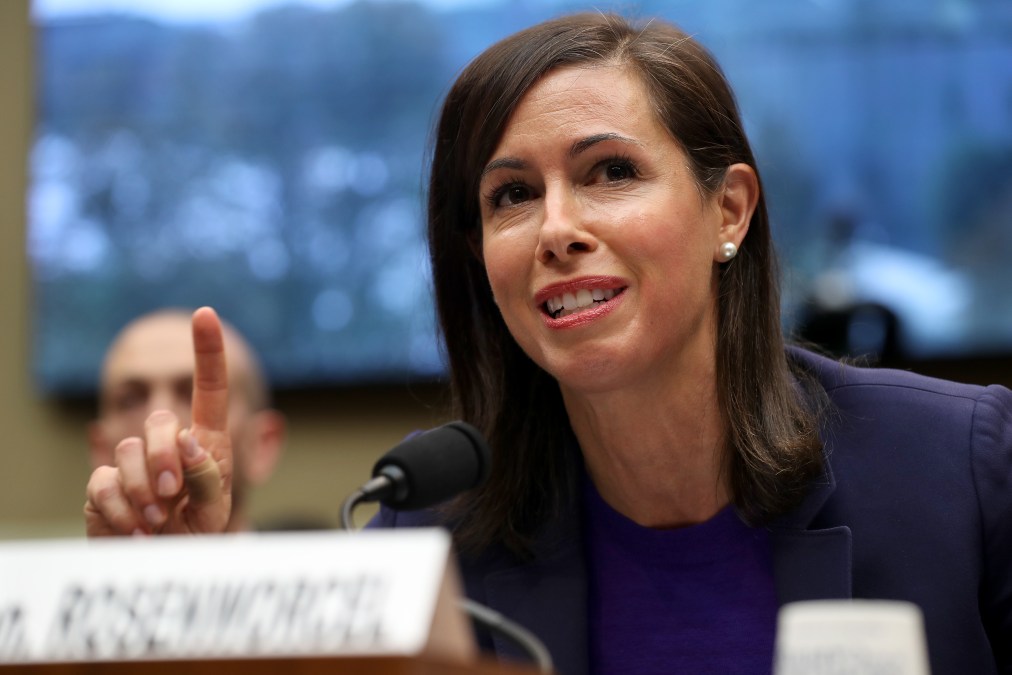New FCC rules would require AI disclosures from robocallers

The Federal Communications Commission ratcheted up its fight against AI-generated robocalls and robotexts Wednesday with the proposal of new disclosure rules for the people behind the unwanted calls and messages.
In releasing a notice of proposed rulemaking adopted by the commissioners during the agency’s August open meeting, the FCC said it is seeking public comment on a measure to require callers to disclose up front their use of AI to generate calls and texts.
FCC Chairwoman Jessica Rosenworcel said the agency’s AI-related work has been grounded in transparency, specifically referencing its actions in response to a January robocall featuring an AI-generated imitation of President Joe Biden telling New Hampshire Democratic primary voters to stay away from the polls.
The FCC in May proposed multimillion-dollar fines against the Democratic operative behind the New Hampshire call and the telecom carrier that distributed the calls. The agency also issued a declaratory ruling that robocalls that use voice-cloning technology violate the Telephone Consumer Protection Act.
“If a campaign uses AI to create an ad, as the voter, viewer and listener, you have a right to know,” Rosenworcel said. “The concern about these technology developments is real, and rightfully so. But if we focus on transparency and taking swift action when we find fraud, I think we can look beyond the risks of these technologies and harness the benefits.”
AI disclosures would come at the beginning of a call, provided consumers consent to receiving the call in the first place. The rules carve out protections for AI uses that help consumers with disabilities use phone networks without compromising Telephone Consumer Protection liabilities.
Commissioners also voted Wednesday in favor of a series of improvements to the agency’s robocall mitigation database, a tool launched three years ago to help the FCC and its law enforcement partners monitor carriers’ efforts to stop junk robocalls.
The agency seeks comment on how to ensure that filings in the database are current and authenticated, part of what Rosenworcel said is an attempt to make the database “more accurate, effective and secure.”
“We also ask about penalties for false and inaccurate information,” she said. “This is not the only update we are working on to keep this junk off the line.”
Rosenworcel noted a memorandum of understanding signed with the Treasury Department’s Financial Crimes Enforcement Network last week that would give the FCC access to Bank Secrecy Act information, helping it track the entities behind the “flood” of unwanted calls and texts.
“When coupled with the work of the industry traceback group and the 49 state attorneys general partnering with us,” she said, “I think we can make real progress stopping the scammers behind these schemes.”






